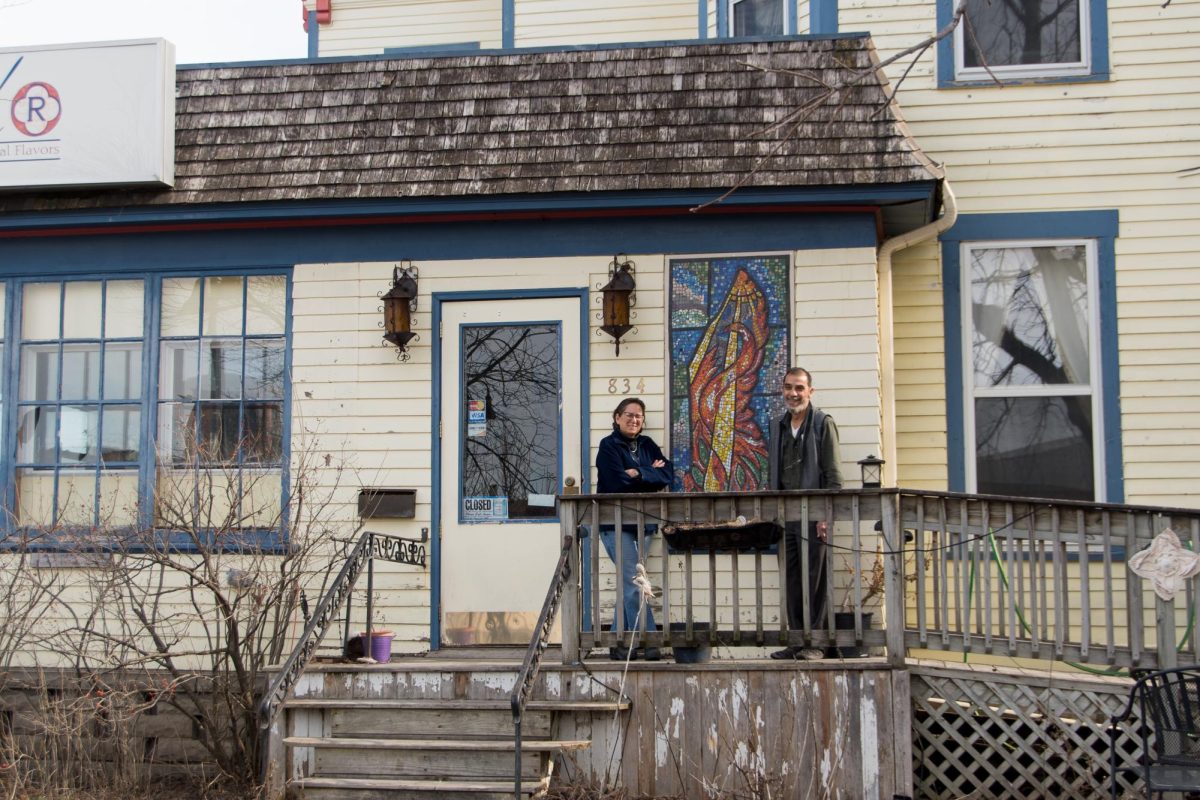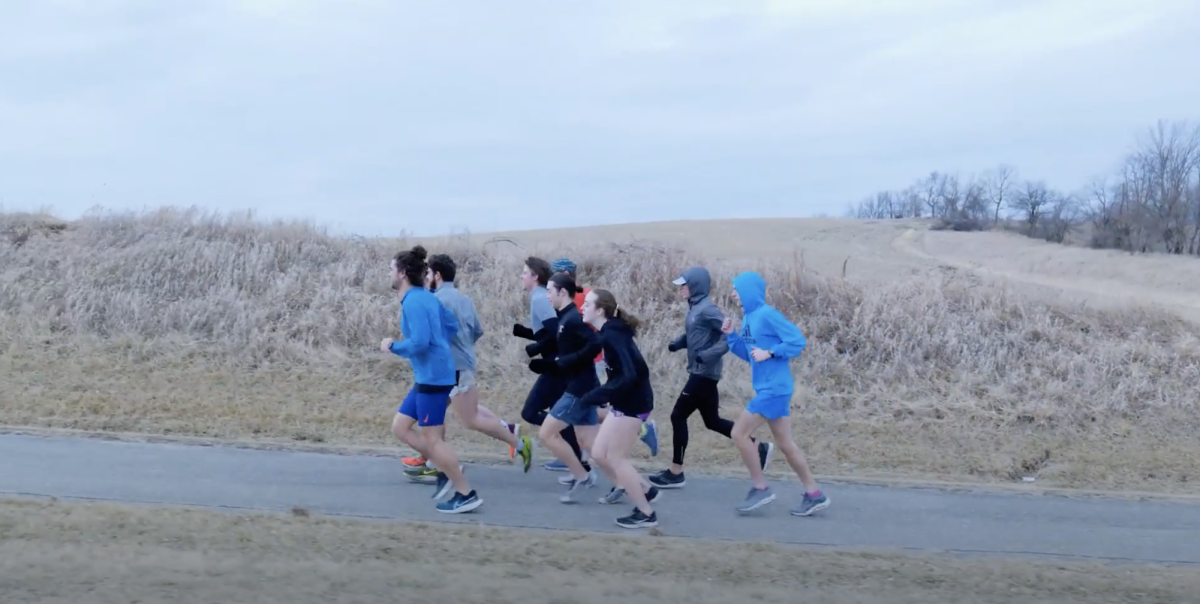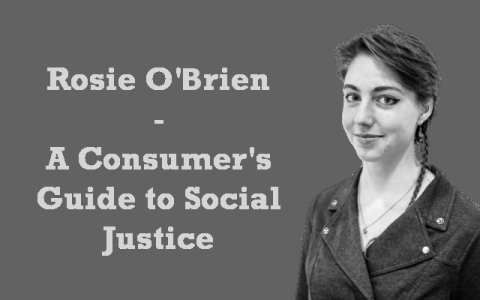On Monday, I attended George A. Lopez’s talk called “With All the World’s Violence, Where is Peace?” hosted by the Grinnell Peace and Conflict Studies Program. I was skeptical because, though the United States Institute of Peace (USIP) is an important foundation for promoting peace worldwide, it struck me as harmful that Mr. Lopez, as a government employee, could not criticize the federal policies that blatantly disobey the USIP’s definitions of peacemaking.
Though Mr. Lopez briefly touched on the topic, he could not comment on exactly how perverse it is that our federal government conducts drone strikes that terrorize and kill civilians, supplies weapons to groups in war-torn nations and crafts international trade policy that undermines the sovereignty of many more. He could speak on how USIP trains American women to serve as arbiters of diplomacy in rural areas of the Middle East, but not about the ongoing violence that comes directly from our nation’s military-industrial war machine, leading us to train and send arbiters of peace in reaction to this violence.
In bringing your attention to the deep irony at work in our federal government, I also want to call out my own hypocritical response to injustice. I feel that this column, “A Consumer’s Guide to Social Justice,” implies that perhaps if we buy secondhand clothing, stop texting all the time or even purchase local flowers, we can help defeat the evils of capitalism and liberate those whom it exploits.
The government seems to be under the impression that if we institutionalize the word “peace,” somehow peace will appear despite its systemic perpetuation of war. Its solution may sound warm and fuzzy, but it is ultimately a Band-Aid solution that covers up the deeper wounds of economic and social violence.
Also somewhat of a Band-Aid, this column is a way for me to call out the problems of capitalism and then say, “But look, we can do something about it.” Except that even if we all stopped buying goods provided by exploitative markets, the world would continue to run on the suffering of others, and also on our collective student debt.
I want to assert that my statements assume capitalism to be the fundamental problem with the world. This is a fact that we all must realize on our own terms. I want to reiterate that we cannot cultivate true social justice by making individualistic choices in what we buy, eat or wear; it will take a much more concerted effort to establish a culture of resistance.
First, I recognize that it is problematic to talk about defeating exploitation while using the word “consumer.” This word falsely reduces us all to units of the capitalist market, and we are so much more than the goods or services we buy (despite what advertisers say).
Second, I want to address the notion of lifestylism. This concept suggests that changing our personal habits will help defeat larger issues of economic and social injustice. For example, many people think that if we all take shorter showers or recycle plastic containers, we can save natural resources by only changing the things we directly control as individuals. Conserving water can be effective, of course, but it does not address fundamental issues of water insecurity across the globe.
Lifestylism works in tandem with American notions of hyper-individualism. This attitude is problematic because we can only defeat larger systems through a collective approach to justice. We will need to do more than just change our personal habits in order to challenge a 700-year-old, omnipresent economic system. In that regard, this column is much more about naming the problem (capitalism) than presenting major steps to defeat it.
That being said, we college students are often bombarded with the message that our world is unraveling everywhere we look. In response to my own sense of hopelessness, I write about things we can grasp in our own hands: the things we control in our daily lives, such as the food we eat and the clothes we wear.
Unfortunately, suggesting that we simply change the way we interact with consumer goods is harmful because it does not address the complexities or origins of exploitation. Fortunately, the act of changing what we eat and what we wear opens a dialogue about the inherently exploitative nature of, for example, mass agriculture or textile production.
In creating the USIP to promote peacemaking while simultaneously waging global war, perhaps the United States government understands this tension between systemic problems and superficial solutions as well.






























































